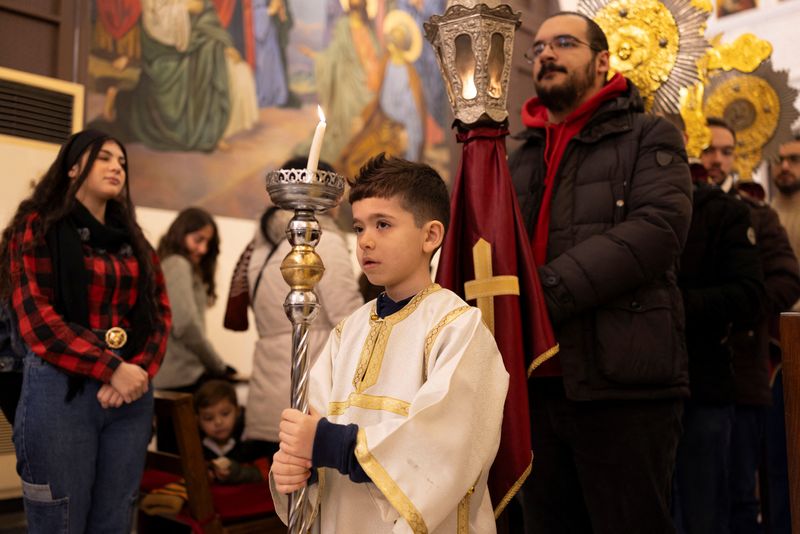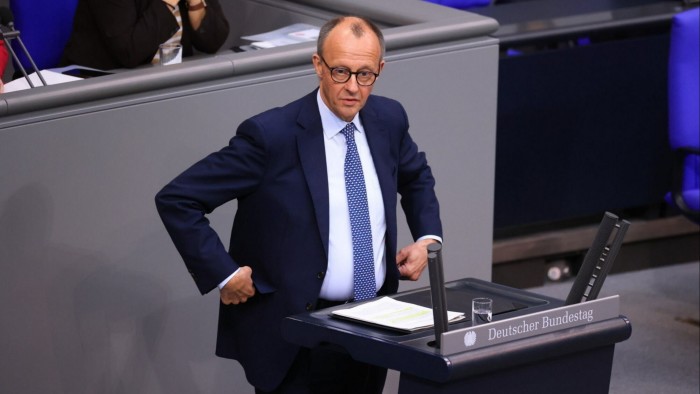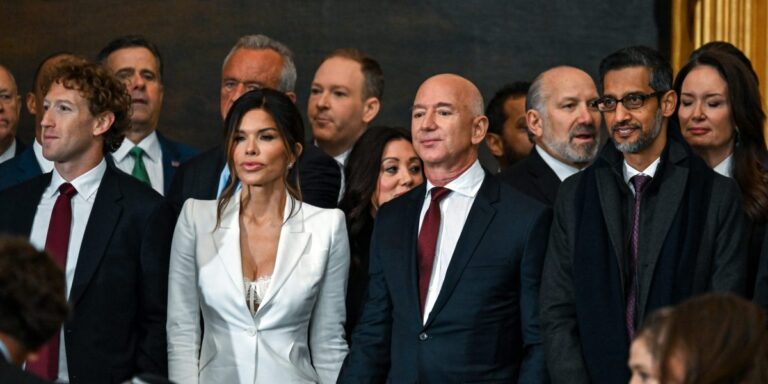Syrian Christians attend Mass, schools reopen a week after Assad’s overthrow By Reuters
By Timur Azhari and Tuvan Gumrukcu
DAMASCUS/LATAKIA, Syria (Reuters) – Syrian Christians attended regular Sunday services for the first time since the dramatic ouster of President Bashar al-Assad a week ago, in an early test of assurances by the new Islamist rulers that minority rights would be protected.
Before the Islamist group Hayat Tahrir al-Sham (HTS) came to power last week, it sought to reassure Syria’s minority groups that their way of life would not be threatened.
The streets of the staunchly Christian Bab Touma neighborhood of Damascus were filled with worshipers returning from church on Sunday morning, but some remained restless.
“We are afraid, we are still afraid,” local resident Maha Barsan said after attending mass at the Melkite Greek Catholic church in the district.
Barsa said he had barely left his home since HTS took over a week ago, although he said nothing had happened to warrant his concern, adding: “Everything is ambiguous.”
Syria is home to historic ethnic and religious minority communities, including Christians, Armenians, Kurds and Shiite Muslims, who, like many other Syrian Muslims, feared during their country’s 13-year civil war that any future Islamist rule would threaten their way of life.
In the coastal city of Latakia, long an Assad stronghold, Lina Akhras, secretary of the parish council of St George’s Greek Orthodox Cathedral, said on Sunday that Christians had been “comfortable” under his rule in terms of freedom of belief, but they just wanted to live in peace and harmony. :
The Assad family belongs to the minority Alawite faith, an offshoot of Shia Islam.
“(His fall) was sudden, we didn’t know what to expect… Thank God, we got a lot of assurances and saw the (HTS) committee helping our priest,” he said, Reuters reported.
“God grant that we return to our former life and live in our beautiful Syria,” Akras added.
Protecting Syria’s minorities was a key issue Saturday when top diplomats from Arab countries, Turkey, the United States and the European Union met in Jordan.
US Secretary of State Anthony Blinken said they supported an inclusive and representative government that would respect the rights of minorities and not provide “a base for terrorist groups”.
SCHOOLS TO REOPEN
Syrian students also returned to classrooms on Sunday after the new rulers ordered schools to reopen in another compelling sign of normalcy.
The country’s new de facto leader, Ahmad al-Sharaa, faces the enormous challenge of rebuilding Syria after a civil war that has left hundreds of thousands of people dead, cities bombed to rubble, the economy crippled by international sanctions, and millions of refugees still living in camps outside Syria. :
Officials said most schools across the country opened on Sunday, the first day of the work week, but some parents were not sending their children to class due to the uncertainty of the situation.
Students waited happily in the courtyard of Damascus Boys High School on Sunday morning and applauded as the school’s secretary, Raed Nasser, hung the flag adopted by the new authorities.
In one classroom, a student posted the new flag on the wall.
“I am optimistic and very happy,” said student Salah al-Din Diab. “I was walking down the street, afraid that I would be called up for military service, when I reached the checkpoint, I was afraid.”
WE END THE PROMOTIONS.
As Syria begins attempts to rebuild, its neighbors and other outside powers are still crafting a new stance on the country, a week after the collapse of the Assad government, which was backed by Iran and Russia.
Shaara, better known by his rebel moniker Abu Muhammad al-Golani, leads Hayat Tahrir al-Sham (HTS), the Islamist group that ousted Assad last week. HTS is a former al-Qaeda ally is a group that has been designated a terrorist organization by many governments and is also under UN sanctions.

The UN envoy to Syria, Geir Pedersen, said on Sunday that he hoped sanctions would be lifted soon, which would help facilitate an economic recovery.
“We hope to see a quick end to the sanctions so we can see real consolidation around building Syria,” Pedersen said as he arrived in Damascus to meet with Syria’s interim government and other officials.








